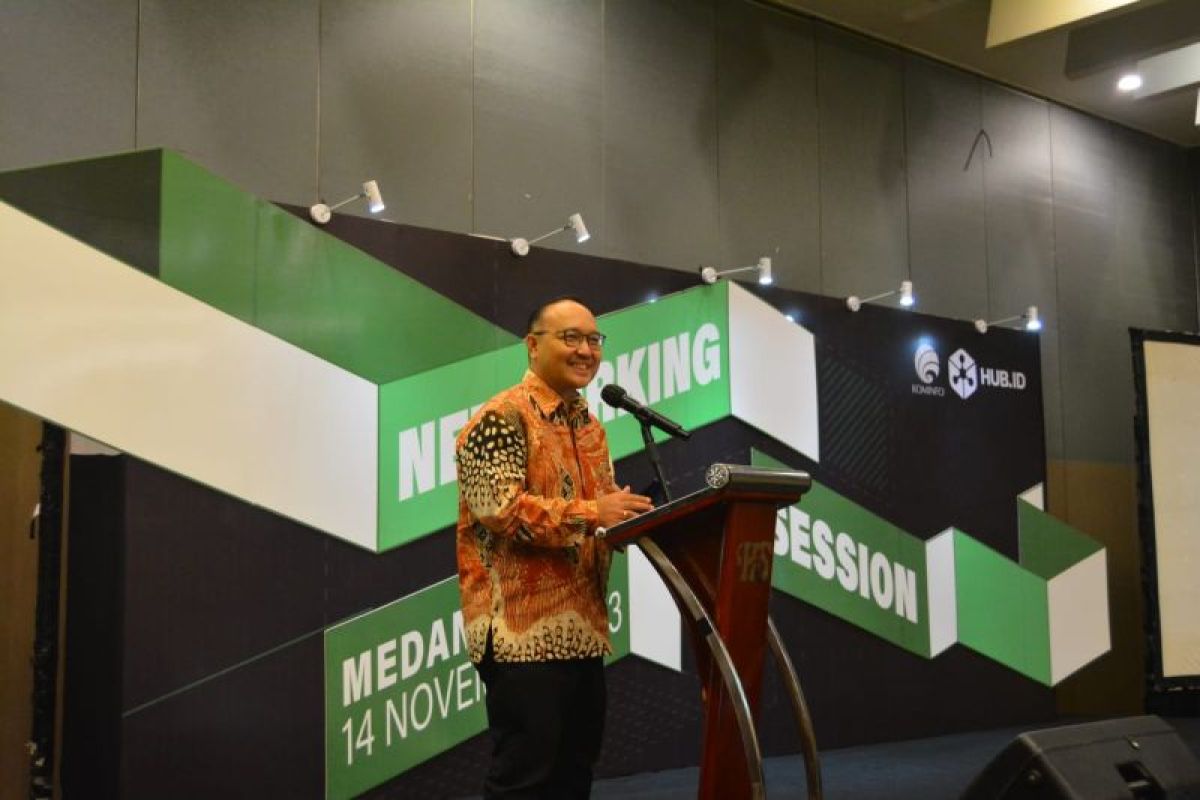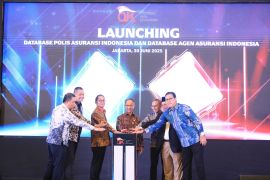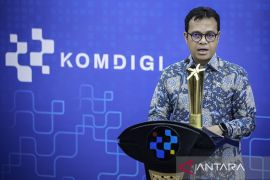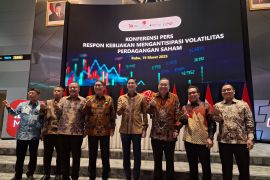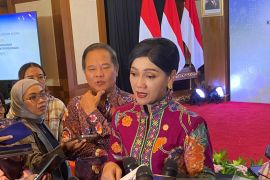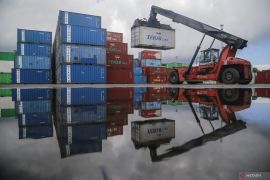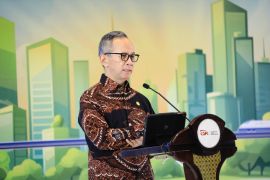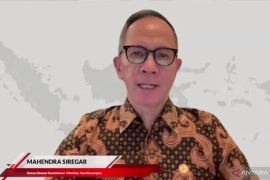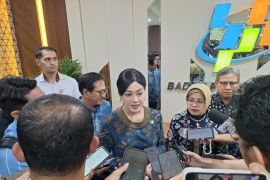Nowadays, a majority of financial services, such as banking and insurance, are utilizing digital systems.
In fact, digital technology has helped interconnect various services. That may be one reason why people are now more careful about losing or forgetting their smartphones rather than physical wallets.
With their larger memory capacity, the latest smartphones are allowing users to download more digital applications, including those offering assistance in financial services. It is also no longer uncommon for people to install more than one financial service app on their devices.
Though banks offer mobile banking as a digital service, some people still tend to install electronic wallet applications on their phones. Some consider electronic wallets safer from hacking.
As of the first half of 2023, electronic wallet provider LinkAja registered as many as 91 million users, an increase of six percent compared to the same period the previous year.
LinkAja’s chief finance and strategy officer, Reza Ari Wibowo, outlined the strategies applied by the company — whose shares are owned by eight state-owned enterprises (SOEs) — to attract more people to download its app.
He said that LinkAja has been collaborating with several SOEs, including cellular operator Telkomsel, oil and gas giant Pertamina, and state-run banks for the purpose.
The collaboration, he informed, has proved fruitful. For example, by working with Telkomsel, the digital wallet provider has helped digitize the traditional business supply chain by involving more than 400 thousand retail business players.
Additionally, it has cooperated with Pertamina to connect its cashless payment service to the MyPertamina app, providing users with an alternative payment option at gas stations.
According to Wibowo, his company has been working in collaboration with several companies under the Ministry of State-Owned Enterprises to deliver incentives. That is allowing LinkAja to draw loyal captive customers without incurring additional costs.
Moreover, the LinkAja application is also offering a special layout for SOE employees, providing them with an integrated payments and communication platform. Currently, over 200 thousand SOE employees are registered as users of the digital application.
In addition to collaborating with SOEs, Wibowo continued, LinkAja has been making good use of artificial intelligence (AI) technology to rope in more potential customers.
In fact, insurance companies have been using the technology to communicate with customers. This is based on the assumption that customers tend to feel uneasy when contacted by human agents. Therefore, insurance companies are opting to create AI-made virtual agents that are always ready to communicate with customers.
The utilization of AI technology in the insurance sector is not limited to processing the ownership of insurance products, as customers can also use the technology for claiming insurance, withdrawing cash from mini markets, and locating the nearest hospitals.
It should be noted that AI-powered services can operate non-stop and can answer all questions asked by customers and business partners.
Thus, it is safe to say that AI technology offers great benefits. For example, the technology enables health insurance providers to help customers get immediate medical treatment at any time — even at night.
Business-matching and networking
The developments in digital financial technology have prompted the Communication and Informatics Ministry to hold business-matching activities and networking sessions to bring together regional governments and startup companies assisted by the ministry’s HUB.ID Accelerator Program.
So far, such activities have taken place in Jakarta, Bali, and five cities on five major islands of Indonesia.
HUB.ID is a dedicated platform for entrepreneurs operating businesses in the digital technology sector. The platform focuses on helping domestic startups grow regionally.
Jakarta served as the venue for business-matching activities five times in August this year. Bali hosted a similar activity on September 13 and 14, 2023, on a larger scale.
Meanwhile, the networking sessions were held in Surabaya, East Java, on October 5; Semarang, Central Java, on October 19; Makassar, South Sulawesi, on November 2; Medan, North Sumatra, on November 14; and Samarinda, East Kalimantan, on November 28.
The networking sessions served as the concluding events for the series of activities held under the HUB.ID Accelerator Program 2023.
During the activities, the ministry helped startups to not only meet representatives from regional governments, but also regional investors.
The event in Samarinda featured a panel discussion themed “Innovation Without Limits: Optimizing Startup Collaboration to Shape the Future,” which concluded that the intensification of digital technology utilization is vital to further improve the quality of public services, including those related to financial needs.
All the activities were expected to allow participants to gain access to foreign parties to participate in relevant training activities.
The networking sessions of the HUB.ID will continue to be held with the aim of creating sustained synergy and collaboration among startup companies, regional governments, business partners, and investors across Indonesia.
Through the HUB.ID Program, the Communication and Informatics Ministry is striving to assist domestic startups in gaining knowledge and exchanging experiences in the hopes of allowing them to compete successfully in local and global arenas.
The program is also expected to help startups innovate in offering financial services, providing people with a higher level of convenience in making transactions.
The Financial Services Authority (OJK) has been consistent in providing people with information on financial services, including those powered by information technology.
In today's digital era, people need to mindfully and prudently pick products offered by financial service companies. They need to ensure that the products are registered with the OJK and make transactions convenient.
Related news: Service industry growing rapidly amid digital era: Finance Minister
Related news: SOEs catalyst for advancing Indonesia's digital finance: Roeslani
Editor: Rahmad Nasution
Copyright © ANTARA 2023
